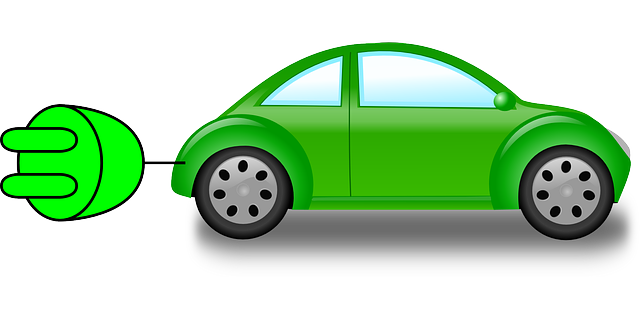
How long does it take your electrical vehicle (EV) to charge? EVs have become increasingly popular. Statistics show that the number of EVs more than doubled from 2018 to 2020. While they don’t require regular fill-ups at the pump, however, EVs do require charging. If your EV suffers from long charge times, the following reasons could be to blame.
#1) AC Type
Alternating current (AC) type chargers are usually slower than their direct current (DC) counterparts. EV batteries can’t store AC energy. While some EVs support AC-type chargers, they must convert the energy into DC. As a result, DC chargers are typically faster. If you’re currently using an AC-type charger, you may want to switch to a DC-type charger.
#2) Charger Level
Some types of chargers are faster than others. There are different levels of charges, including level 1, level 2 and level 3 chargers. Level 1 chargers are the cheapest and, unfortunately, the slowest. A level 1 charger may provide you with about 2 to 5 miles of range per hour, whereas a level 2 charger can provide you with up to 30 miles of range per hour. Level 3 chargers are even faster, but they are typically restricted to charging stations rather than home use.
#3) Battery Near Full Capacity
As your EV’s battery approaches full capacity, it will likely take longer to charge. A phenomenon known as “charging curve,” it’s common with rechargeable batteries. You may experience a consistent rate of charging from 10% to 75%. Upon reaching this capacity, though, your EV’s battery may take longer to charge.
#4) Using a Shared Circuit
Your EV may take longer to charge if it’s on a shared circuit. Circuits can only provide so many amps of current. If you connect the charger – and, thus, your EV – to the same circuit as other appliances, you may experience longer charge times. A simple solution is to use a dedicated circuit. Using a dedicated circuit will ensure that the charger doesn’t have to compete with other appliances for the circuit’s current.
#5) Loose Connection
Something as simple as a loose connection can cause longer charge times. If you discover that your EV isn’t charging as quickly as it used to, check the cord connections to ensure they aren’t loose. If the cord is loose at either the EV itself or the charger outlet, you may have to wait longer for your EV to charge.

